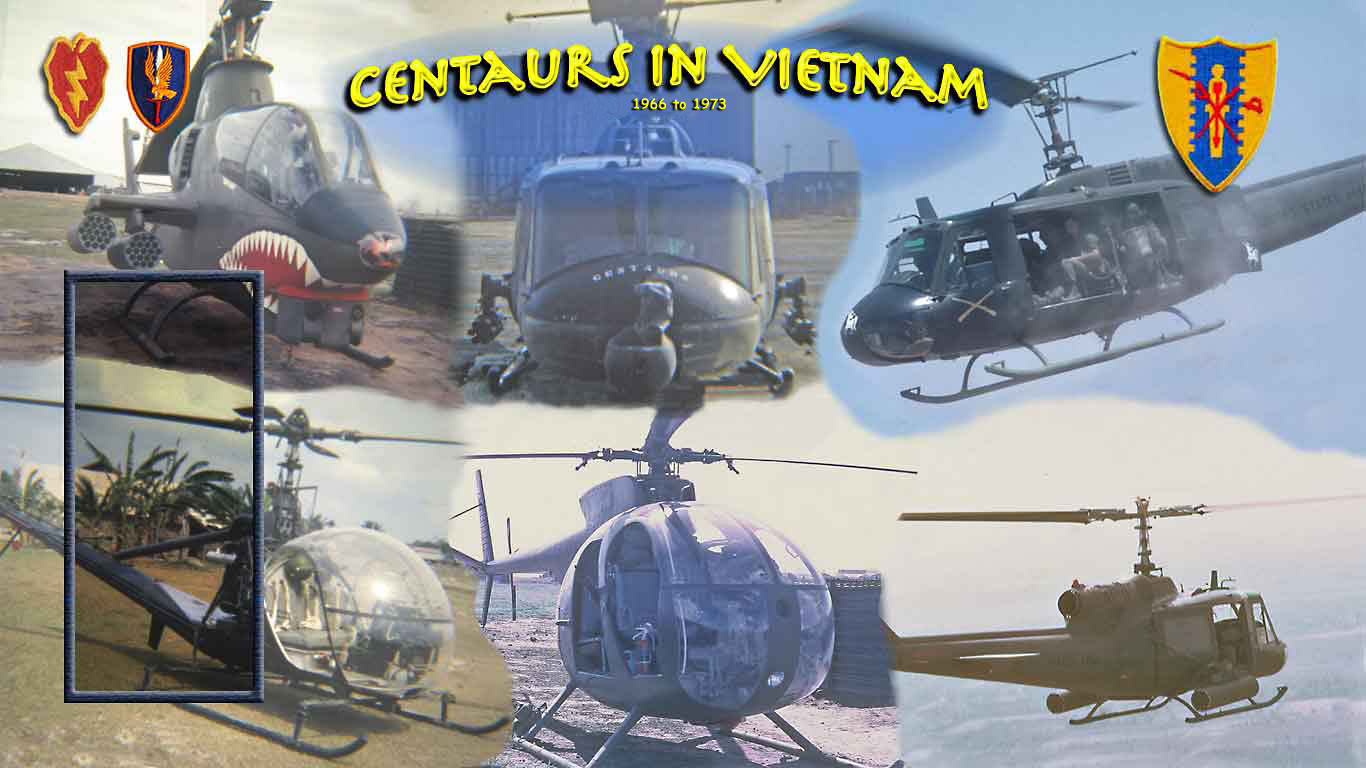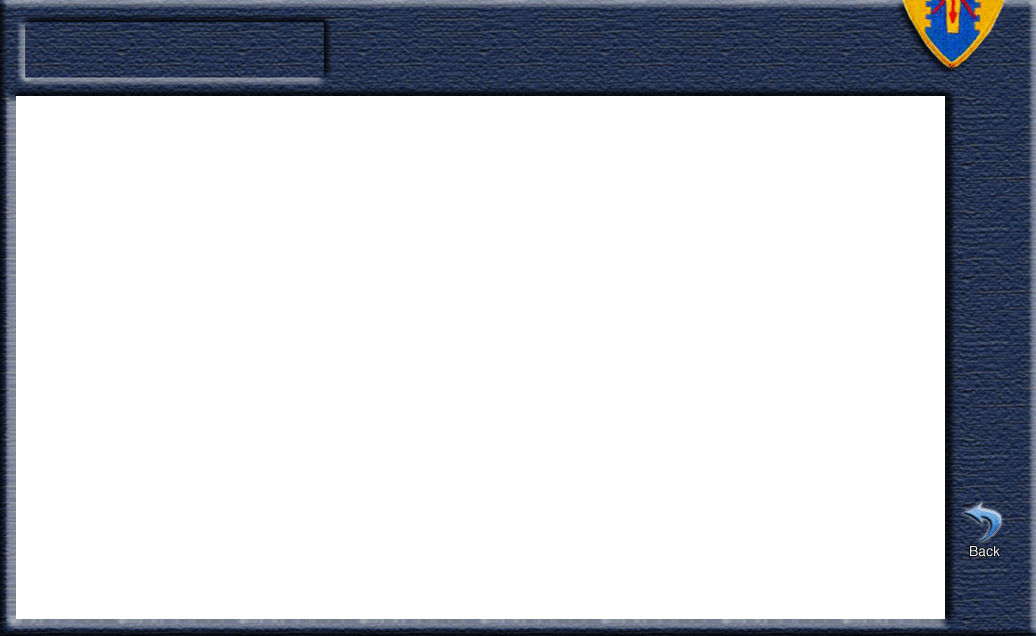

23 April 67 - Letter Home
This is a letter home from Nam minus most of the personal family stuff. The more medevac's I flew, the more I wanted to get into guns.
Dear....................
I've been going to sit down and write to you'all a hundred times, but like I said they keep me pretty busy here. I'm transferring to the heavy scouts in a week or so (gunships).
I've been working in the motor pool for the last couple of days. We had all 21 drivers and vehicles in the pool this morning (Sunday) to have an inspection and pull preventive maintenance.
Nothing too much exciting, except for that day (last Thurs) I wrote you about. 10 hrs and 35 minutes was a lot of flying in one day.... There's a lot of satisfaction in pulling people out of hell. I can see where medevac pilots could become real devoted to their jobs. We pulled out one man that had been shot thru both hands, and a sergeant that had been shot thru the left thigh. We carry a medic in "stable boy" and he patched them up as good as he could. You can see the relief on their faces as they scramble on the chopper. Safety at last. I was happy that I could help them. It feels good to help and it feels even better to see their appreciation in the form of a smile, which is always there no matter what the pain. In 10 minutes I was landing them at Tay Ninh medevac pad (means Heliport).
"Stable Boy" is what we call our"D" model maintenance ship (it's a Huey). The crew chief is an expert chopper mechanic and the door gunner is a weapons system specialist. The 3rd man is a medic. The aircraft commander is CPT Fleming (the Troop Maintenance Officer). His pilot couldn't fly for 2 days; that's why I was flying....The area where we pack our choppers is called the "Corral" (because we're "the Centaurs" and a Centaur is a mythical half man, half horse. We're also a cavalry unit). hence "Stable Boy" who takes care of all, in the corral (how about that).
The hairiest medevac mission we had that day was the second one (the one above was the 3rd). CPT Fleming called for smoke from the ground unit (so we can find them and also know the wind direction). We identified purple smoke. He began an approach to the area from the side opposite of the known enemy positions. It was a small hole in the trees, almost too small. The unit "Mohawk Alpha" (a CAV troop) was under fire and had 1 or 2 men killed. The radio was clattered with over excited people (we monitor 3 different radios on one headset and if you don't think its confusing try listening to the TV, radio, and stereo at the same time... Each time we transmit we have a selector switch that must be turned to the proper transmitter to answer on the same radio that we were called on. It takes practice and experience). The airspeed read about 10 kts (almost hovering) and we were in between the trees. The area was too small for an approach. But we had to land (a man was critically wounded below us). So CPT Fleming came to a hover about 30 feet above the ground and settled down in between the trees and landed. We set off a mine of some kind in the trees when we were just above the trees. It rocked the ship slightly but no damage. We were also receiving automatic weapons fire. As we touched down I stuck my CR-15 (my new weapon) out the window. I couldn't fire until I had a target (too many friendlies in the area) so I waited for them to load the soldier and was ready to fire. He was dead. Now the name of the game was how to get out of here. I monitored the instruments while CPT Fleming pulled in all the power we had. We ran out of power at treetop level. When I called out good RPM's (that's critically low), CPT Fleming lowered the collective to build up RPM's. We drug thru the trees pulling just enough power to keep the main rotor system up above tree level. We bent a few tree tops over but we made it out. It's quite and aircraft, this Huey. We picked up one other slightly wounded man (shot in the lower forearm) and later on we evacuated the other two KIA'a (killed in action) wrapped in ponchos. "Why did they have to die" was my first thought. "Because the war is necessary; and in war people must die", was my second. Then, thinking about the situation back in the US, I hoped that they didn't die for nothing.
I hope this letter isn't too morbid (or too messy to read) and I hope I don't make things sound worse than they are. My curiosity of Viet Nam was immense when I was stateside, like I imagine yours is. That's why I want to tell you the facts and the experiences.
Please don't worry a lot about me being over here. I'm in a good outfit; and I'm getting experience from real pro's like CPT Fleming.